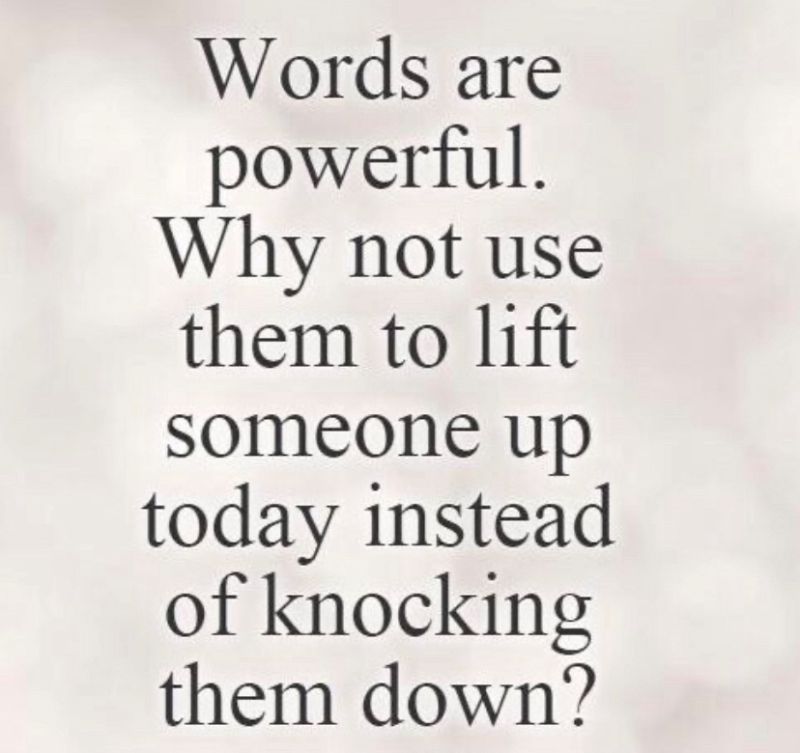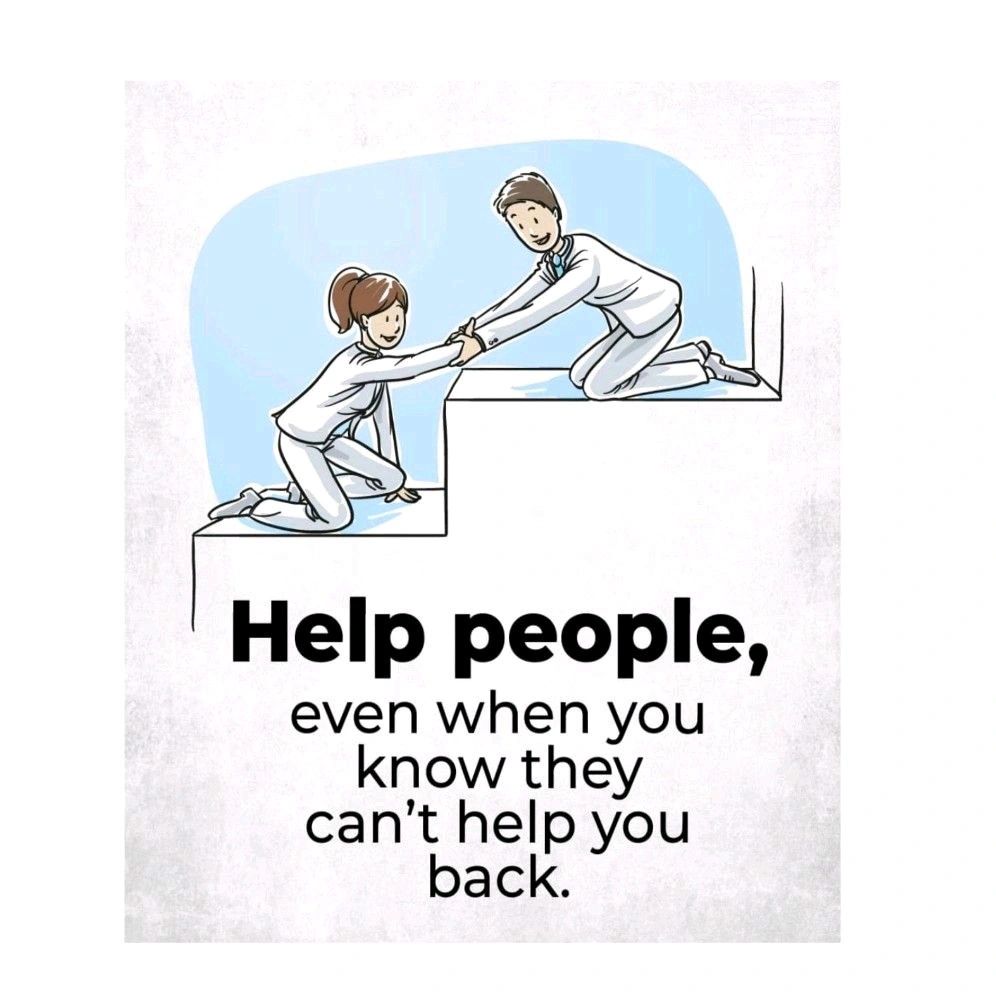Christian Forgiveness Vs. Cancel Culture: Which Approach Actually Heals Communities?
- Layne McDonald
- Oct 31, 2025
- 5 min read
Updated: Nov 4, 2025
Two opposing forces are battling for the soul of our communities today. On one side, we have cancel culture: a mob-driven approach that seeks to punish, shame, and erase those who've caused offense. On the other, we have Christian forgiveness: a grace-centered path that prioritizes reconciliation and restoration.
The question isn't just which approach feels more satisfying in the moment. The real question is: which one actually heals the deep wounds in our families, churches, and neighborhoods?
After years of witnessing both approaches in action, the evidence is clear. Christian forgiveness doesn't just talk about healing: it delivers it.
Understanding the Two Approaches
Cancel Culture: The Way of Erasure
Cancel culture operates like a digital mob, using social media platforms to target individuals deemed offensive with the goal of destroying their reputation or livelihood. This approach thrives on several destructive elements:
• Anger and judgment as primary motivators • Public shaming as the preferred method • Permanent punishment rather than opportunities for growth • Mob mentality that discourages individual thinking • Zero tolerance for mistakes or different perspectives
The most insidious aspect of cancel culture isn't just its harshness: it's how it creates what theologians call a "shame-and-honor culture." In this system, maintaining victimhood actually becomes valuable social currency. When grievances grant platform and recognition, there's a twisted incentive to never forgive because forgiveness means surrendering that status.

Christian Forgiveness: The Way of Restoration
Christian forgiveness operates on an entirely different foundation. Rather than seeking to destroy, it seeks to restore. Rather than demanding payment, it absorbs the debt. The approach centers on several Christ-like principles:
• Grace and mercy as driving forces • Private correction before public confrontation • Opportunities for repentance and genuine change • Community restoration as the ultimate goal • Love for enemies as commanded by Jesus
This isn't about being soft on sin or avoiding accountability. It's about recognizing that true healing requires someone willing to pay the price for reconciliation: just as Christ did for us.
The Community Impact: Tale of Two Cities
Where Cancel Culture Leads
Communities that embrace cancel culture consistently produce the same toxic fruit:
Fractured Relationships: When the goal is erasure rather than restoration, relationships become irreparable. Trust evaporates because everyone knows they're one mistake away from being the next target.
Increased Division: Instead of bringing unity, cancel culture creates an "us versus them" mentality that deepens existing wounds and creates new ones.
Fear-Based Silence: People stop speaking honestly because they're terrified of saying the wrong thing. Authentic community becomes impossible when everyone's walking on eggshells.
Status Through Victimhood: The most damaging aspect is how cancel culture incentivizes maintaining grievances rather than resolving them, because unresolved conflict grants social status.
Where Christian Forgiveness Leads
Communities that embrace Christian forgiveness experience dramatically different outcomes:
Restored Trust: When people know they can receive grace for their mistakes, they're more likely to be vulnerable and authentic with each other.
Unity Through Diversity: Instead of demanding conformity, Christian forgiveness creates space for different perspectives while maintaining relationships.
Courage to Grow: When failure isn't fatal, people are willing to take risks, admit mistakes, and pursue genuine growth.
Healing Over Status: Rather than competing for victim status, community members focus on helping each other heal and move forward.

The Biblical Foundation Makes All the Difference
The reason Christian forgiveness produces such different results isn't just philosophical: it's theological. Jesus didn't just teach forgiveness as a nice idea; He modeled it as the only path to genuine restoration.
Consider these foundational truths:
Matthew 6:15 reminds us that those who refuse to forgive others will not receive forgiveness themselves. This isn't a threat: it's a recognition that unforgiveness creates spiritual and relational barriers that prevent healing.
Luke 6:37 instructs believers not to judge or condemn but to forgive. This doesn't mean we ignore wrongdoing, but that our response should be guided by grace rather than revenge.
Ephesians 4:32 calls us to be kind, tenderhearted, and forgiving toward one another, just as God in Christ forgave us. The standard isn't human fairness: it's divine mercy.
The theological core reveals why these approaches cannot coexist. Jesus was shamed so that sins might be forgiven. Cancel culture inverts this logic: it shames in order to punish and exclude. When Christians focus only on punishment, they lose sight of forgiveness and create more fear and division instead of healing.
Real-World Evidence: Which Approach Actually Works?
The Reconciliation Track Record
Look at the communities, families, and organizations that have embraced Christian forgiveness principles. You'll find:
• Churches that survived scandals and emerged stronger through grace-centered accountability • Families that reconciled after devastating betrayals through patient love • Neighborhoods that overcame racial and economic divisions through Christ-centered peacemaking • Businesses that thrived by creating cultures of grace rather than fear
The Cancel Culture Track Record
In contrast, examine communities dominated by cancel culture dynamics:
• Organizations paralyzed by fear of saying the wrong thing • Families fractured by political disagreements that became grounds for permanent separation • Churches split by demands for ideological purity rather than unity in Christ • Communities polarized into ever-smaller tribes of the "pure" versus the "canceled"

The evidence is overwhelming: Christian forgiveness creates conditions for genuine healing while cancel culture systematically prevents it.
Why Forgiveness Wins Every Time
Christian forgiveness isn't just morally superior: it's practically effective because it addresses the root of brokenness rather than just managing its symptoms.
Forgiveness Breaks Cycles: When someone chooses to absorb the cost of another's wrongdoing rather than pass it on, destructive cycles end. Cancel culture perpetuates these cycles by ensuring everyone pays for everyone else's mistakes.
Grace Creates Safety: People can only grow and change in environments where failure isn't fatal. Christian forgiveness creates the psychological safety necessary for genuine transformation.
Love Multiplies: Unlike punishment, which creates resentment, love and grace have a multiplying effect. When people receive undeserved mercy, they're more likely to extend it to others.
God Gets Glory: Perhaps most importantly, Christian forgiveness points people toward the ultimate source of healing: Jesus Christ. Cancel culture points people toward human judgment, which will always fall short.
Your Community's Healing Journey Starts Here
The choice between Christian forgiveness and cancel culture isn't just a personal decision: it's a community-shaping one. Every family, church, workplace, and neighborhood will be defined by which approach they choose.
If you're ready to become an agent of healing rather than division in your community, you don't have to figure it out alone. Guided by Layne McDonald, our comprehensive coaching programs and workshops at Layne McDonald Ministries equip you with practical tools for implementing Christ-centered reconciliation in your relationships and leadership roles.
Our book "Healing & Forgiveness Through Christ" provides a biblical framework for moving from resentment to restoration, while our leadership training helps you create cultures of grace in your sphere of influence. Whether you're a parent trying to model forgiveness for your children, a church leader navigating conflict, or a business professional wanting to lead with grace, we have resources designed specifically for your journey.
Ready to trade canceling for Christlike restoration in your home, church, and workplace? Start with Layne McDonald’s free resources at www.laynemcdonald.com—explore blogs, music, coaching videos, podcasts, and more. For a focused next step on leadership and reconciliation, go to https://www.laynemcdonald.com/blog/categories/creative-leadership. #laynemcdonald

$50
Product Title
Product Details goes here with the simple product description and more information can be seen by clicking the see more button. Product Details goes here with the simple product description and more information can be seen by clicking the see more button

$50
Product Title
Product Details goes here with the simple product description and more information can be seen by clicking the see more button. Product Details goes here with the simple product description and more information can be seen by clicking the see more button.

$50
Product Title
Product Details goes here with the simple product description and more information can be seen by clicking the see more button. Product Details goes here with the simple product description and more information can be seen by clicking the see more button.
Comments